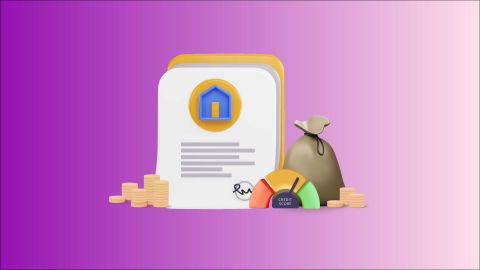Building your dream home can be an exciting prospect. From selecting the perfect location to designing every detail of your new abode, the process can be exhilarating. However, the cost of building a home can be overwhelming, and most homeowners require financing to build their homes. A home construction loan can make your dream home a reality, but it is crucial to understand what it is, how it works, and what factors can affect the loan.
Types of home construction loans
- Construction-to-permanent loans:
Also known as "single-close" or "all-in-one" loans, construction-to-permanent loans streamline the financing process by combining construction financing and permanent mortgage financing into a single loan. These loans fund the construction phase of the project and automatically convert into a traditional mortgage once the construction is complete. Borrowers benefit from a single application, approval process, and closing, simplifying the overall financing process. - Standalone construction loans:
Standalone construction loans provide financing specifically for the construction phase of the project. Once the construction is complete, borrowers must secure separate permanent financing, such as a traditional mortgage, to pay off the construction loan. Standalone construction loans typically have shorter terms and may require a larger down payment compared to construction-to-permanent loans.
Key features of home construction loans
- Flexible draw schedule:
Home construction loans typically involve a draw schedule, which outlines the disbursement of funds at various stages of construction. As construction progresses, borrowers can request funds to cover expenses such as materials, labour, and permits. Lenders may conduct inspections to verify the completion of each construction phase before releasing funds. - Interest-only payments:
During the construction phase, borrowers may only be required to make interest-only payments on the amount disbursed, rather than paying down the principal balance. This helps manage cash flow during construction when expenses are incurred but the property has not yet generated income or equity. - Interest reserves:
Some home construction loans include an interest reserve, which sets aside funds to cover interest payments during the construction phase. The interest reserve is funded upfront as part of the loan amount and gradually depleted as interest payments are made during construction. This provides added financial flexibility for borrowers by reducing the burden of making monthly interest payments out of pocket.
Home construction loan interest rates
Home construction loan interest rates can vary based on several factors. Interest rates of home construction loans are higher than that of typical mortgages due to the risk involved in the construction process. There is also a lot of variations as to what types of loan products are available and how they are intended to be used.
What are the requirements to obtain a home construction loan?
Lenders will typically have several requirements that you will need to meet before you can receive a home construction loan. These requirements may include:
- Down payment: You will be required to make a down payment on the home construction loan, which can vary by lender.
- Credit score: Your credit score is your record of paying debts on time. This number is a critical item in the evaluation of the borrower's ability to repay the loan. The higher your score, the better your chances are for being approved for the loan.
- Project plan and budget: Your home construction loan approval is contingent on your project plan and budget being completed and approved by the bank.
- Proof of income: Lenders will want to see proof of income to determine your ability to make payments on the loan.
- Building contractor: The lender may ask that you work with a building contractor that has expertise in the custom-building construction process, and they often must be licensed in your state.
Securing financing for building a home can feel daunting, but home construction loans can provide you with the funds you need to bring your dream home to life. Make sure you are fully aware of the loan requirements, budget and timeline, contractors, and potential interest rates before you apply. By keeping these factors in mind, you will significantly increase your chances of securing the financing you need, and ultimately, realising your dream of owning a custom-built home that matches to your family’s needs and personality.




